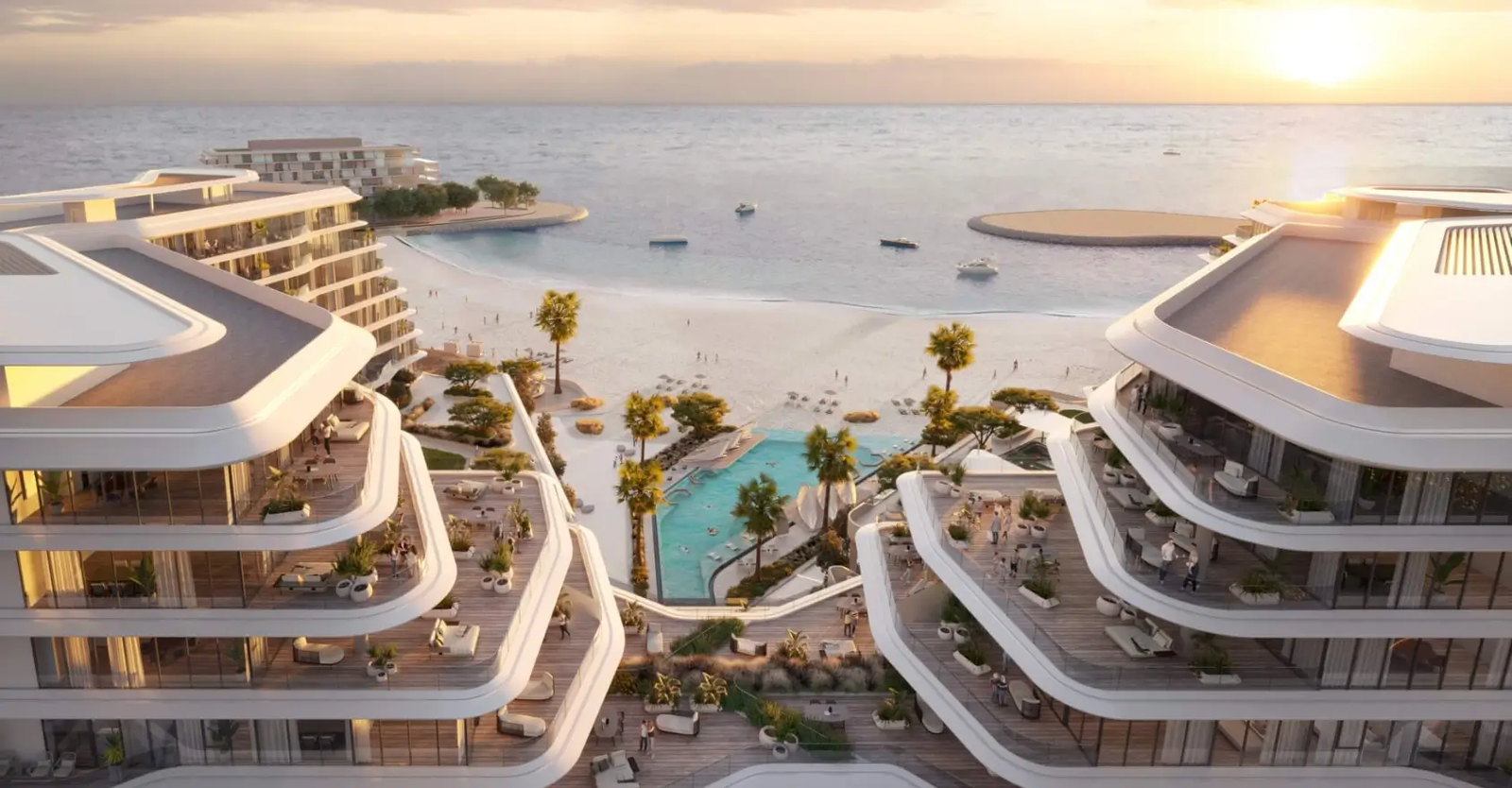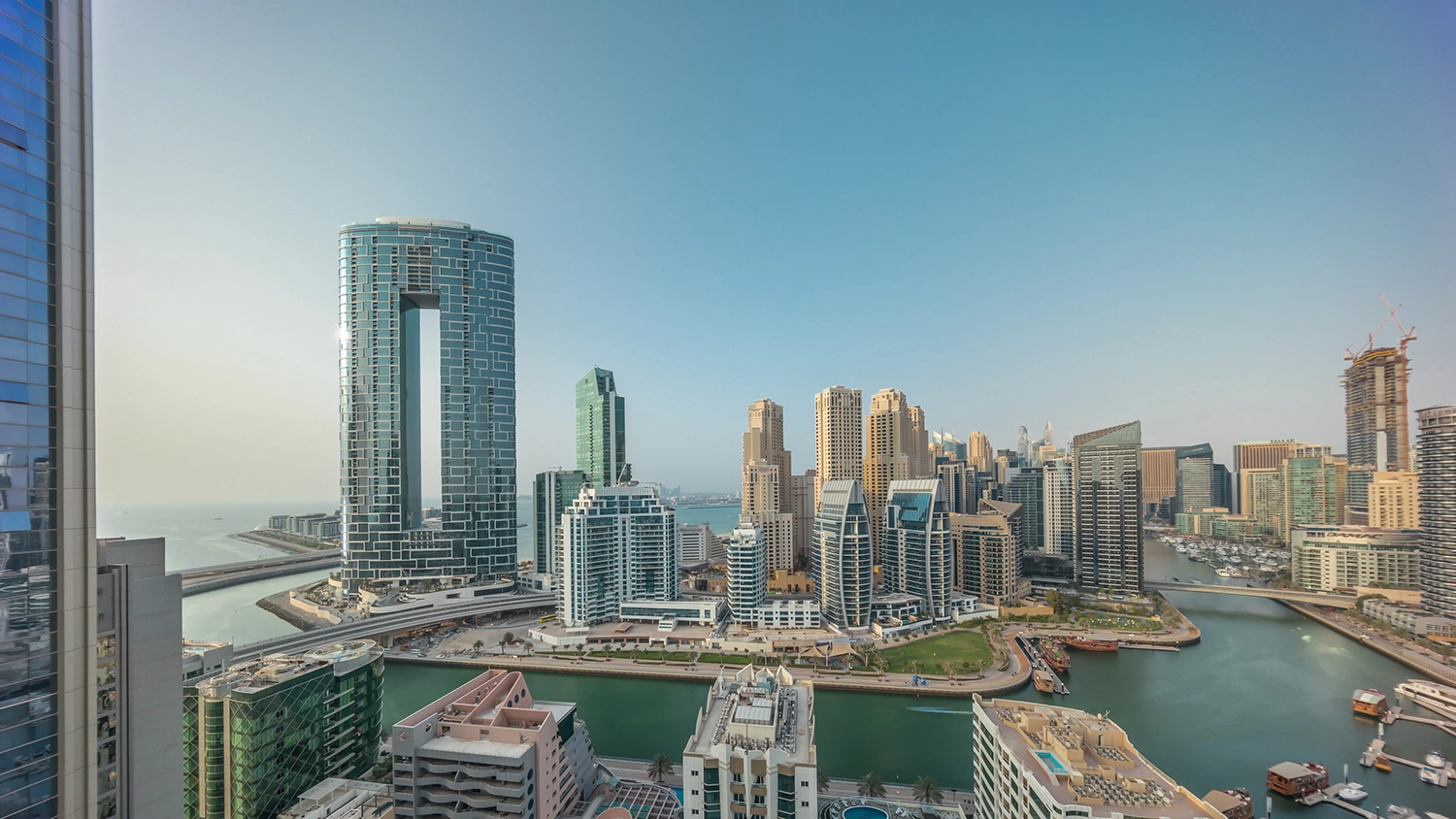Now Reading: UAE Easy Way to Cut Water Use in Gardens 2025
-
01
UAE Easy Way to Cut Water Use in Gardens 2025
UAE Easy Way to Cut Water Use in Gardens 2025
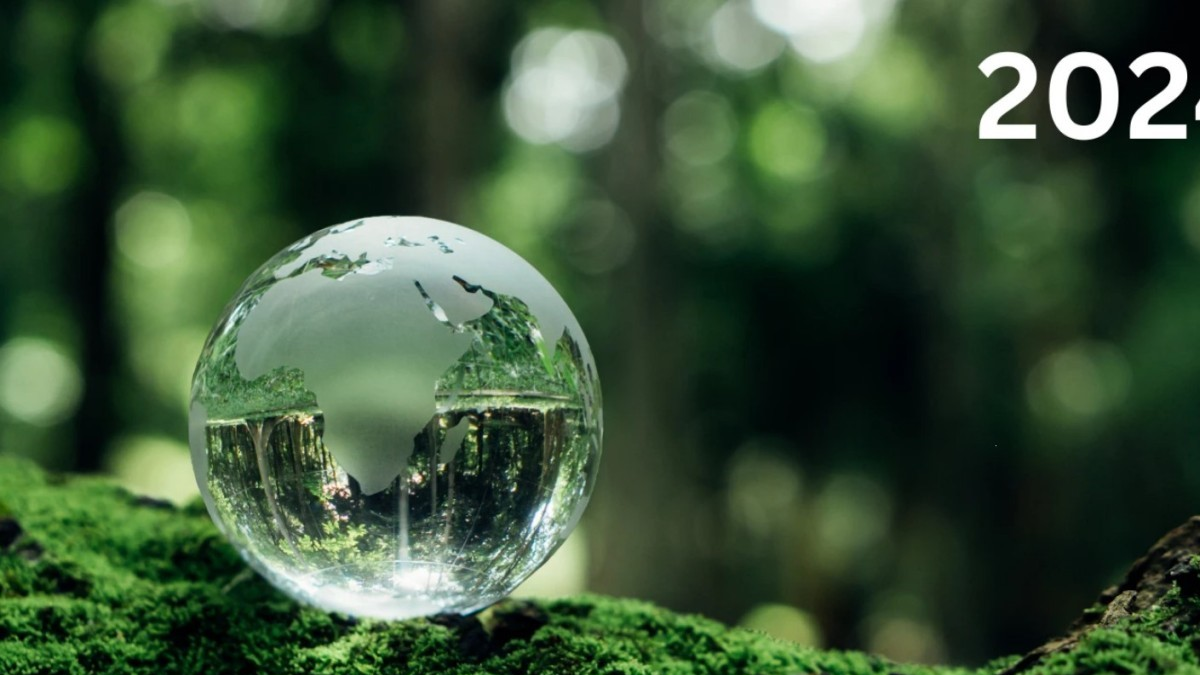
Table of Contents
As the UAE continues to face high temperatures, low rainfall, and rising water bills, smart gardening is not just a trend—it’s a necessity. One of the easiest and most effective ways to conserve water in gardens and landscapes is by grouping plants according to their water needs. This method, known as hydrozoning, is gaining popularity across Dubai, Abu Dhabi, Sharjah, and other emirates for both private and public gardens.
This simple gardening technique can help reduce water use by up to 50%, improve plant health, and save time and money. Whether you are a home gardener, a landscape designer, or part of a municipality’s greening project, grouping plants by water needs is a win-win for your garden and the environment.
Why It Matters in the UAE
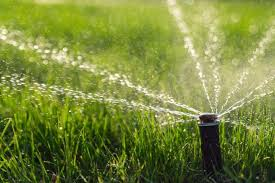
The UAE is one of the most water-scarce countries in the world. Almost all of its fresh water comes from desalination plants—a process that is expensive and energy-intensive. According to the Environment Agency – Abu Dhabi (EAD), landscaping and irrigation use nearly 50% of the water consumed in some emirates.
Many residents unknowingly waste thousands of liters of water each year by using the same irrigation schedule for all plants, regardless of their needs. In desert climates like the UAE’s, this practice leads to overwatering, root rot, and dead plants.
Hydrozoning ensures each plant gets just the right amount of water. This approach is eco-friendly, cost-effective, and encourages a more resilient garden that can survive the region’s harsh summers.
How to Group Plants by Water Needs
Step one is to know your plants. Every plant has different water requirements. In general, plants can be grouped into three basic categories:
- Low-water-use plants: These are drought-tolerant species that thrive with little moisture. Examples include succulents like aloe vera, agave, desert rose, and native UAE plants such as ghaf trees and sidr.
- Moderate-water-use plants: These plants require regular but not frequent watering. Think of oleander, jasmine, bougainvillea, or date palms.
- High-water-use plants: These are the thirstiest and often include tropical or non-native plants. Examples include ferns, banana trees, turf grass, and hibiscus.
Once the plants are grouped, the next step is to organize your garden so that similar water-need plants are planted together in zones. This makes it easier to tailor your irrigation system to each group.
The Role of Smart Irrigation Systems
Installing a smart irrigation system can take hydrozoning to the next level. Smart controllers adjust watering schedules based on plant needs, soil moisture, and even weather conditions. These systems are especially helpful in the UAE, where automatic sprinklers or traditional hose methods can result in huge water losses if misused.
Many new developments and residential communities in the UAE are now adopting drip irrigation systems and soil sensors to reduce water use in line with the UAE’s sustainability goals.
Popular Low-Water Plants for UAE Gardens
If you’re not sure which plants to choose, here are some top picks that do well with minimal water and high heat:
- Bougainvillea – Bright, colorful, and drought-resistant.
- Ghaf Tree – The UAE’s national tree, extremely resilient.
- Desert Rose (Adenium) – Attractive flowers, thrives in heat.
- Aloe Vera – Medicinal and easy to maintain.
- Lavender – Aromatic and drought-tolerant.
- Date Palm – A UAE icon, suitable for landscapes with some irrigation.
Choosing native or desert-adapted plants not only saves water but also supports local biodiversity.
Benefits Beyond Water Saving
Grouping plants by water needs is more than just a water-saving technique. It also helps:
- Prevent diseases caused by overwatering or underwatering.
- Reduce garden maintenance by simplifying irrigation.
- Lower gardening costs over time by saving on water bills.
- Enhance the garden’s appearance by creating organized zones.
- Increase property value with sustainable landscaping.
In public parks and private villas across the UAE, this technique is being applied more frequently, especially in response to government pushes for sustainable urban development.
What the Experts Say
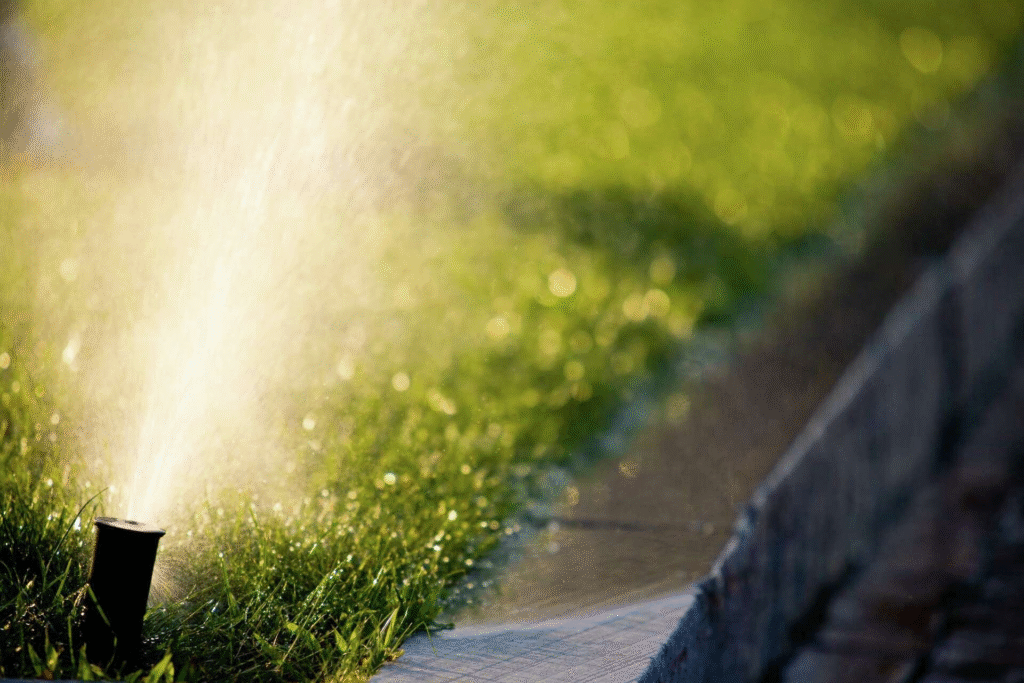
According to Dr. Saeed Alhassan, an environmental scientist at Khalifa University, “Hydrozoning is one of the easiest yet most powerful techniques that homeowners can adopt to conserve water. In regions like the UAE, every drop counts, and this method ensures that none is wasted.”
Landscape designers and urban planners are also adopting this principle in large-scale green spaces. In Dubai’s Sustainable City, for example, residents have already seen a 40% drop in water usage for landscaping through a combination of plant grouping and greywater irrigation.
Tips to Get Started
If you’re a beginner or unsure how to redesign your garden, here are a few practical tips:
- Start by observing your existing plants. Are there any areas with plants that always seem too dry or too wet?
- Check plant labels or ask at garden centers for water requirements before buying new plants.
- Adjust your irrigation settings to match the new zones you’ve created.
- Use mulch around plants to retain moisture and reduce evaporation.
- Gradually transition high-water-use plants out of your garden if they’re hard to maintain.
A Greener UAE Begins at Home
The UAE’s vision for sustainability doesn’t only lie in solar power and green skyscrapers—it also starts in your backyard. By making smarter choices in the way we garden and care for our outdoor spaces, we can make a big impact.
Grouping plants by water needs may seem like a small act, but when practiced widely, it leads to meaningful savings in water, energy, and cost. For a country that values innovation and efficiency, hydrozoning is the perfect step toward a greener, cleaner, and more sustainable UAE.
Read More:- Deyaar’s Latest Announcement Shakes Up the UAE Property Market



